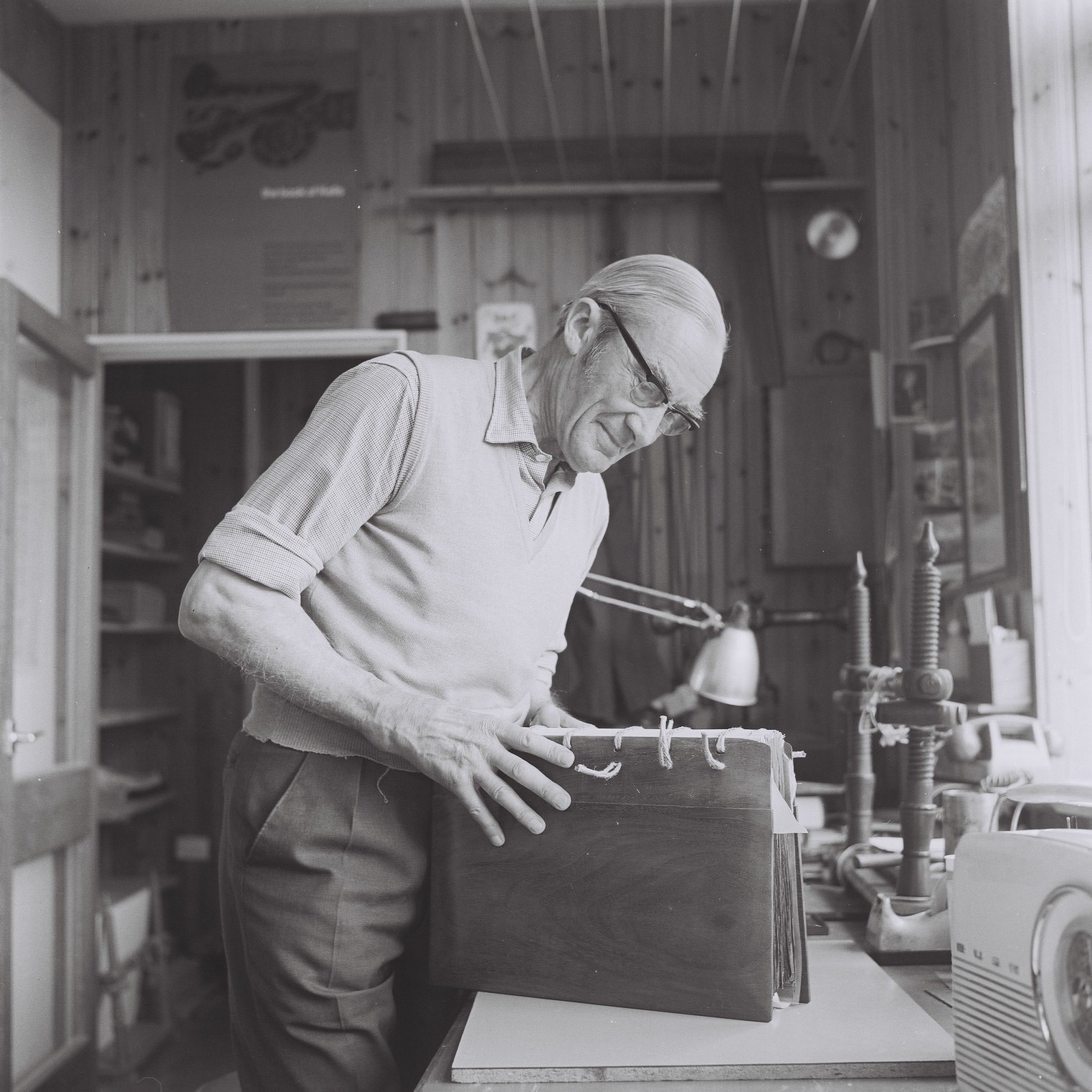Jonathan Self: November used to be a month of bleak fields and naked trees; this year we had summer flowers in bloom and ate lunch on the terrace
Jonathan Self discovers a name for his sense of unease caused by life being out of balance.


This wears the month along, in checker’d moods, Sunshine and shadows, tempests loud, and calms One hour dies silent o’er the sleepy woods, The next wakes loud with unexpected storms.
So goes John Clare’s description of November. When the poem these lines come from was published 200 years ago, we still enjoyed definite, predictable seasons. Seasons that were so predictable, in fact, that George Ellis’s The Twelve Months — ‘Snowy, Flowy, Blowy, Showery, Flowery, Bowery, Hoppy, Croppy, Droppy, Breezy, Sneezy, Freezy’ — was a remarkably accurate summary of the year’s progression.
Now, the earth’s ancient seasonal rhythm has been disrupted. The seasons are blurring and have lost their clear beginning and end. Winters can be unusually warm, summers unusually wet. Clare, the son of a farm labourer, who left school at 12 also to be a farm labourer, would have celebrated Martinmas on November 11 as the first day of winter. A ‘frost crisp’d’ day of drinking and bonfires when animals were slaughtered (the old English name for November was blōtmōnaþ, ‘blood month’) and snow was not uncommon.
In Clare’s November, ploughed fields and meadow lands were bleak and in hedge and field each restless twig was dancing on the naked tree. In our November, there were summer flowers in the garden, leaves on the trees and it is so mild that not only have we not lit a fire or turned on the central heating, but today we ate lunch outside on the terrace.
"‘Solastalgia’ is the distress caused by environmental change, the homesickness we feel when still at home, the experience of the desolation of a much-loved landscape"
In Hopi — which is, as I am sure you know, the language of the Hopi people, a native American tribe from Arizona — there are, apparently, words for very complex situations and emotions, for example koyaanisqatsi, which means ‘life out of balance or disintegrating’. Whether we acknowledge it or not, all our lives are now out of balance or disintegrating because of climate change and one can’t help wondering, given the recent extreme weather events, when the world’s major governments and multinationals (a mere 57 companies are responsible for 80% of greenhouse gases) are going to wake up and do something about it.
I suspect I am not alone when I admit to suffering from what the philosopher Glenn Albrecht terms ‘solastalgia’: the distress caused by environmental change, the homesickness we feel when still at home, the experience of the desolation of a much-loved landscape. The condition is incurable, of course, but some time ago I discovered a highly effective treatment: poetry.
In the 18th and 19th centuries, poetry was the most popular form of literature; even 40 years ago, poets such as Wendy Cope (Strugnell’s Haiku: ‘November evening:/The moon is up, rooks settle,/The pubs are open.’) made it into the non-fiction bestseller lists. I am comforted by every type of poetry, from ancient Sumerian hymns (‘Fill my holy churn with honey cheese’) to modern free verse (‘The fog comes on little cat feet’). Like Ben Jonson, I find it ‘nourisheth’ and, like Percy Bysshe Shelley, I find ‘its secret alchemy turns to potable gold the poisonous waters which flow from death through life’.
Poetry puts things in perspective. As William Blake pointed out:
Sign up for the Country Life Newsletter
Exquisite houses, the beauty of Nature, and how to get the most from your life, straight to your inbox.
Man was made for Joy & Woe And when this we rightly know Thro the World we safely go Joy & Woe are woven fine A Clothing for the soul divine Under every grief & pine Runs a joy with silken twine.
If you, too, are afflicted with solastalgia, I strongly recommend taking the ode less travelled.
After trying various jobs (farmer, hospital orderly, shop assistant, door-to-door salesman, art director, childminder and others beside) Jonathan Self became a writer. His work has appeared in a wide selection of publications including Country Life, Vanity Fair, You Magazine, The Guardian, The Daily Mail and The Daily Telegraph.
-
 What's a 'wellness village' and will it tempt you back into the office?
What's a 'wellness village' and will it tempt you back into the office?The team behind London's first mixed-use ‘wellness village’ says it has the magic formula for tempting workers back into offices.
By Annunciata Elwes
-
 'To exist in this world relies on the hands of others': Roger Powell and modern British bookbinding
'To exist in this world relies on the hands of others': Roger Powell and modern British bookbindingAn exhibition on the legendary bookbinder Roger Powell reveals not only his great skill, but serves to reconnect us with the joy, power and importance of real craftsmanship.
By Hussein Kesvani